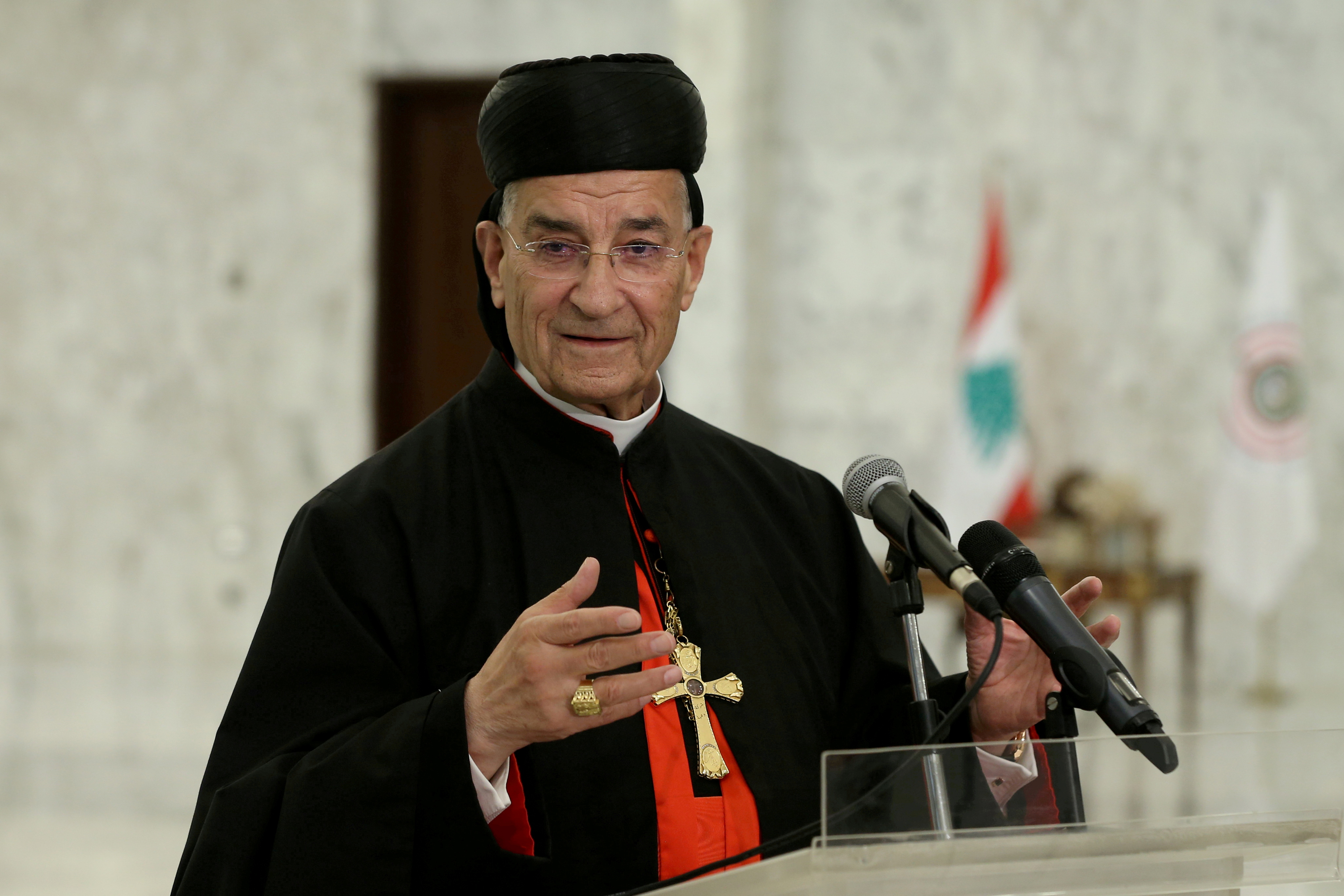On Saturday, Maronite Patriarch Beshara al-Rahi castigated the Members of Parliament (MPs) who absented themselves from Wednesday’s presidential election session, thwarting the electoral process from proceeding along its “constitutional and democratic course”.
This mass departure left the session bereft of the requisite quorum, impeding a second electoral round after Jihad Azour garnered 59 votes to Suleiman Franjieh’s 51 in the initial round. To clinch the presidency in the first round, a candidate must secure 86 votes, while 65 votes suffice in the second round.
Beshara al-Rahi’s response
Patriarch al-Rahi lamented that this turn of events “pained us, compromised our national dignity, and made us appear lamentable in the eyes of the international community, particularly as all are yearning for Lebanon to elect a president and thus ameliorate its tribulations.”
He also maintained impartiality, articulating that he harboured no preference for any particular candidate, and stressed that the newly-elected president must “rise to the challenges, chiefly forging national unity, invigorating state institutions, and initiating imperative reforms.”
For the twelfth time, Lebanon’s Parliament has been unable to elect a president, leaving the nation mired in political stalemate.
The legislative body convened on Wednesday in an attempt to appoint a successor to former President Michel Aoun, whose term concluded in October of last year. However, deep-seated discord prevented the attainment of the necessary majority. The main contenders were Jihad Azour, a past finance minister and a high-ranking figure within the International Monetary Fund (IMF), and Sleiman Frangieh, the head of the Marada party, which boasts a rich lineage in Lebanese politics.
“Hezbollah remains resolute in not recognising the opposition’s candidate, terming him confrontational,” said Khodr. She added, “Hezbollah has come under fire for endorsing its own nominee, Sleiman Frangieh, a figure whose legitimacy is questionable within his community, as Lebanon’s sectarian power-sharing arrangement reserves the presidential post for a Christian, and the dominant Christian factions in Parliament are rallying behind Jihad Azour.”
In the first electoral round, 86 out of a possible 128 votes, equivalent to two-thirds, are needed to elect a new leader. Azour, who has the backing of those opposing the Iran-supported Hezbollah, narrowly outperformed his rival with 59 votes compared to Frangieh’s 51 but failed to amass the requisite majority. Eighteen legislators cast blank or protest votes or supported minority candidates.
Following the first round, the bloc led by the influential Hezbollah recused itself, causing the session to lack quorum and thereby inhibiting a second round where only a simple majority of 65 votes is required to secure the presidency.
Lebanon’s convoluted confessional political structure, predicated on the National Pact (an informal agreement forged in 1943), mandates faith-based representation and power-sharing. Accordingly, the president and army commander must be Maronite Christians, the prime minister a Sunni Muslim, and the parliament speaker a Shia Muslim. The deputy speakers must be Greek Orthodox Christians, and the armed forces chief must be Druze. MPs are allocated according to a quota, with a 6:5 ratio in favour of Christians over Muslims and Druze.
Image Credit: Dalati Nohra/Handout via REUTERS



















